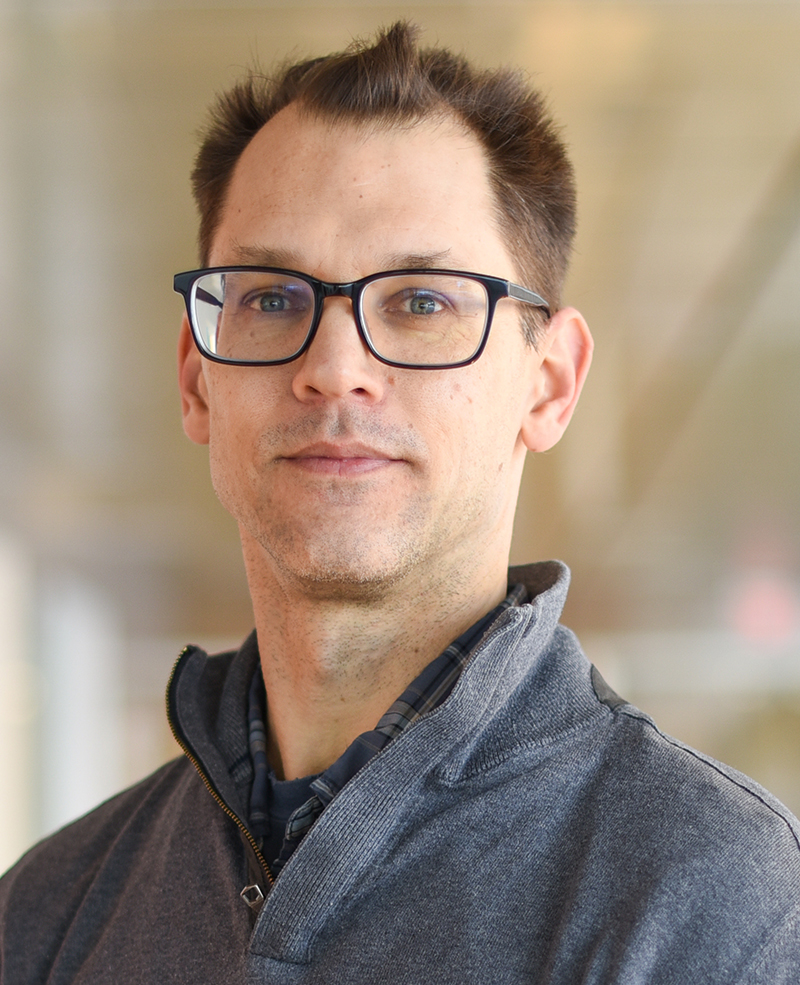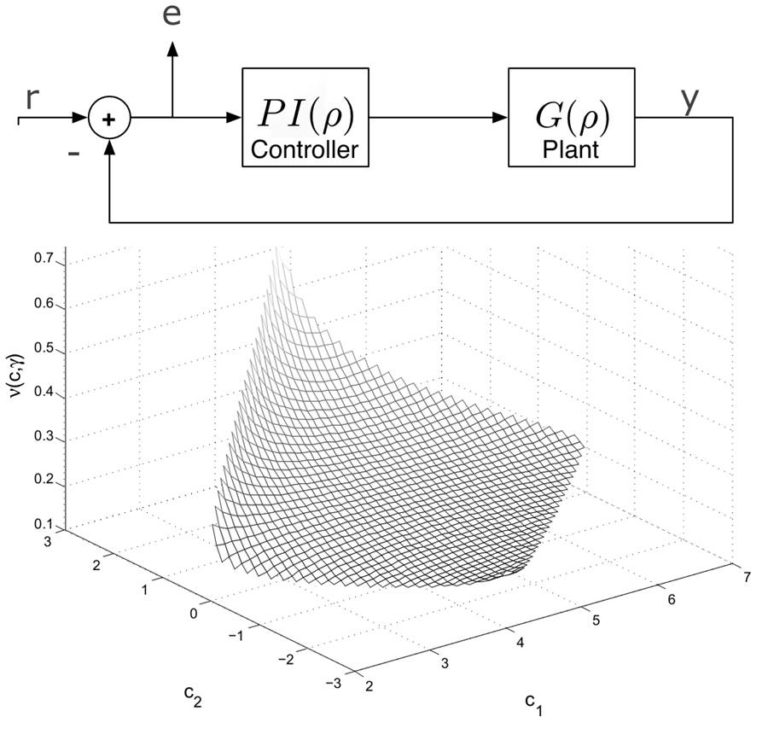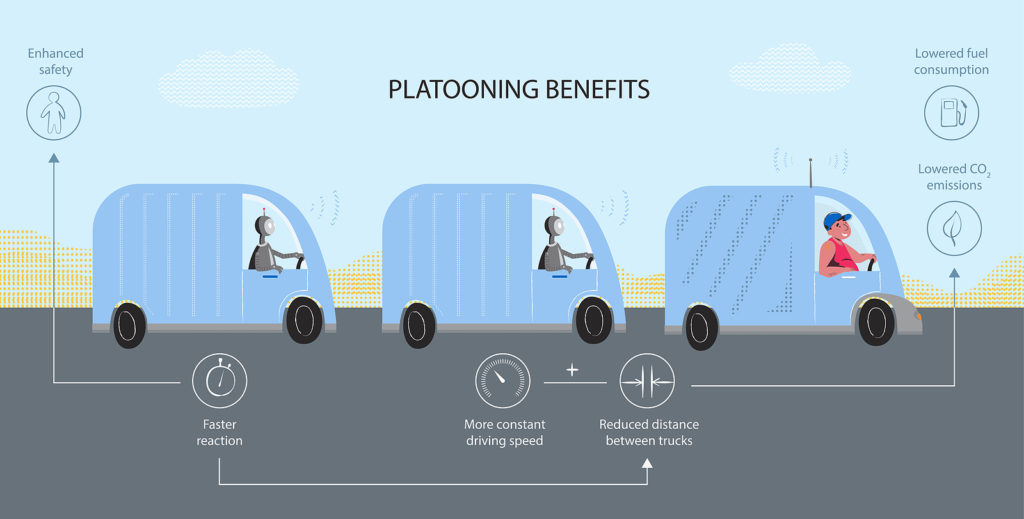Peter Seiler named IEEE Fellow for his impactful contributions to robust control theory

Prof. Peter Seiler has been elevated to IEEE Fellow, class of 2022, “For contributions to robust control theory and computational tools.”
Seiler’s impact in the area of control systems has been felt by practicing engineers around the world. He works in the area of robust control theory, which focuses on the impact of model uncertainty on systems design. He is currently developing theoretical and numerical algorithms to assess the robustness of systems on finite time horizons. He is also investigating the use of robust control techniques to better understand optimization algorithms and model-free reinforcement learning methods. Key applications of his research have included wind energy, safety critical systems, and aeroservoelasticity in aircraft.

Seiler has been instrumental in the development and algorithmic advances of the Robust Control Toolbox™ in Matlab, used to design controllers for uncertain plants. This state-of-the art software package, which represents a standard in modern-day control engineering, has impacted control system analysis and design techniques practiced by engineers and taught by academics all over the world.
An example of an industrial application of the Robust Control Toolbox™ is its use by Seagate in their hard drives for cloud storage. Seiler has had a long-running research collaboration with Seagate engineers to assist and improve the theory and algorithms related to this application. Also, the European Space Agency (ESA) uses the Robust Control Toolbox™ to design and analyze satellite systems. Seiler has led several short courses focusing on robust control that were specifically offered to ESA European Space Research and Technology Centre personnel.

Seiler has also made foundational contributions to the control of vehicle platoons, which refers to a chain of vehicles driving on highways in close proximity to each other. While not new, autonomous technology is breathing new life into the idea, which offers benefits such as reduced traffic, fuel economy, and even driver safety. Seiler uncovered weaknesses in the system, and provided the fundamental performance limitation of a control architecture applied to vehicle platoons, while also generalizing the key theoretical insights to aircrafts flying in formation. Several industrial patents in this area cite Seiler’s research.
At Michigan, Seiler has already taught three different courses since 2020: Convex Optimization Methods in Control (a new special topics course), the graduate course Linear Feedback Control, and the senior level undergraduate course, Control Systems Analysis and Design. He has also served as faculty advisor for several multidisciplinary design and industrial-sponsored projects with undergraduate students. He has graduated 13 PhD students, served as advisor to about 20 master’s and undergraduate students, and published about 200 journal and conference papers.
Seiler received an NSF CAREER Award, the O. Hugo Schuck Award for best paper at the American Control Conference, the Energy Systems Best Paper Award at the ASME Dynamic Systems and Control Conference, the Brockett-Willems Outstanding Paper Award for the best paper published in the Systems & Control Letters from January 2019 through December 2020, and the Prize for the Development of the Hungarian Aeronautical Science, Hungarian Scientific Association for Transport. While a Principal Scientist at Honeywell Labs (2004-2008), he received the Honeywell Bravo Silver Award for work on the Boeing 787 Flight Control Electronics.
Seiler received his PhD in Mechanical Engineering from University of California, Berkeley in 2001. After serving most recently as a faculty member and the Russell J. Penrose Faculty Fellow at the University of Minnesota, Twin Cities, he joined the University of Michigan in 2020.
 MENU
MENU